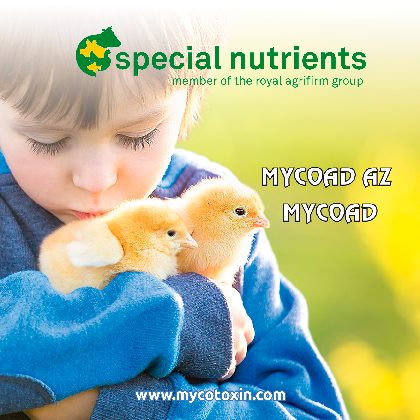25 Jan 2025
China Accelerates Development of New Soybean and Corn Varieties to Reduce Import Dependency
China has announced plans to expedite the development of new soybean and corn varieties as part of a broader effort to reduce—and potentially eliminate—its reliance on external sources for five key agricultural commodities, including soybeans and corn.
In a statement issued by the Ministry of Agriculture, the Asian giant confirmed it is focusing on improving crop yields through strategic initiatives.
“Our focus will be on five key crops—corn, rice, wheat, soybeans, and canola—and on optimizing the use and coordination of fertile lands, high-quality seeds, advanced machinery, and modern agricultural practices,” the ministry stated, as reported by Reuters.


Food Security Through Genetic Innovation
China has emphasized that this initiative aims to ensure food security without depending on imports. According to Reuters, the country has set a target to increase grain production by 50 million tons by 2030, representing a 7% growth compared to its record-breaking 2024 harvest.
- ““China achieved a historic record of 706.5 million tons, 1.6% higher than the 695.41 million tons produced in 2023,” the international agency highlighted.
Financing and Reducing Import Reliance
The Ministry of Agriculture also noted that it would seek increased funding to achieve these productivity gains. Currently, China relies heavily on imports from countries like Argentina and Brazil to feed its population and livestock.
By focusing on self-sufficiency, the government aims to reduce dependency on imports and secure food supplies for its population of 1.4 billion people.
“We will vigorously promote stable grain production, improve productivity, and ensure the safe supply of essential grains and agricultural products,” the ministry declared.
